Cookies
We serve cookies on this site to analyse traffic and optimise your experience.
Description:
New book reissue of Otl Aichers 1972 Olympic Games brand identity, a corner milestone in graphic design. Just under a quarter of a century after the end of National Socialism, Otl Aicher was commissioned to design the "cheerful" 1972 Munich Olympic Games. He went about his work systematically and scientifically, freeing visual communication from national pathos and reducing it to the essentials in the spirit of the Bauhaus: use. The manual, completed in 1967, is an astonishingly manageable set of rules, a flexible system of colors, shapes and type that allowed Aicher's team and partners to "play freely" and saved "unnecessary preliminary work and time-consuming detailed decisions." Aicher had a comprehensive claim: Everything should be able to be designed. With the results from over 100 design areas, he succeeded in creating an extraordinarily broad impact of the appearance and also set new standards in corporate design. To this day, Munich 1972 is considered the most successful design project of all the Olympic Games.
Dimensions: W 26 x L 2,8 x H 31,5 cm
Weight: 1,8 kg
Item No: 30155
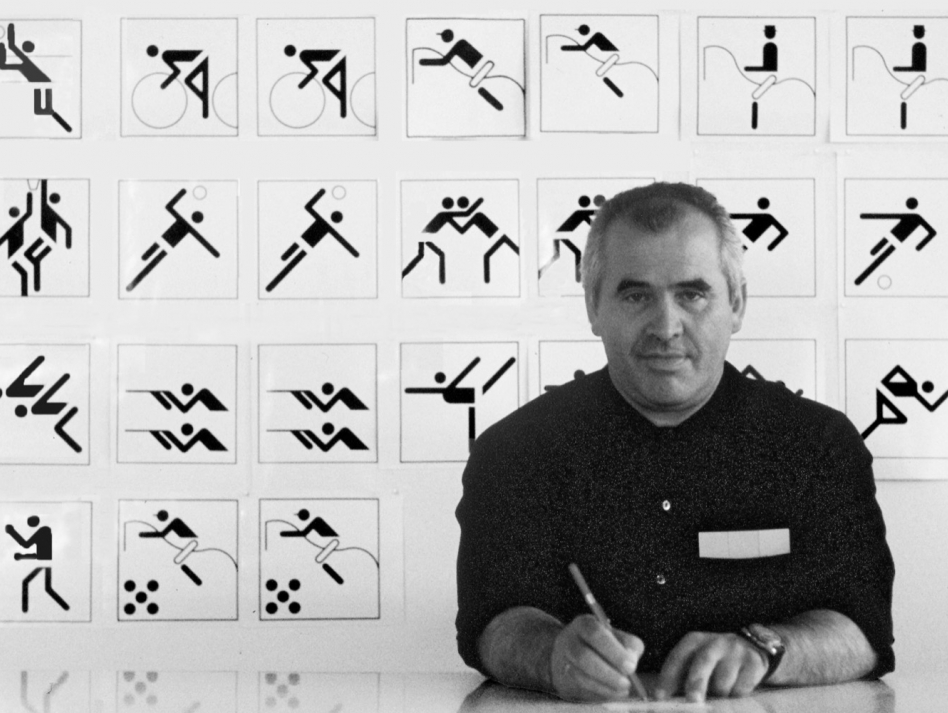 Otl Aicher - Image by Imago / Sven Simon
Otl Aicher - Image by Imago / Sven Simon
Otl Aicher and the 1972 Olympic Games in Munich
Otl Aicher (1922–1991) was a German graphic designer and typographer, renowned for his pivotal role in shaping the visual identity of the 1972 Munich Olympic Games. A co-founder of the Ulm School of Design, Aicher is celebrated for his integrated approach to design, which blends clarity with functionality. His work for the Munich Olympics, characterized by its use of pictograms that have become a model for public signs worldwide, showcased his ability to communicate complex information through simple graphic forms. Aicher's designs for the Olympics included a distinctive palette of colors and a series of sports icons that promoted universal communication, setting a new benchmark for international event branding. His legacy continues to influence contemporary graphic design, particularly in the areas of public signage and corporate identity.

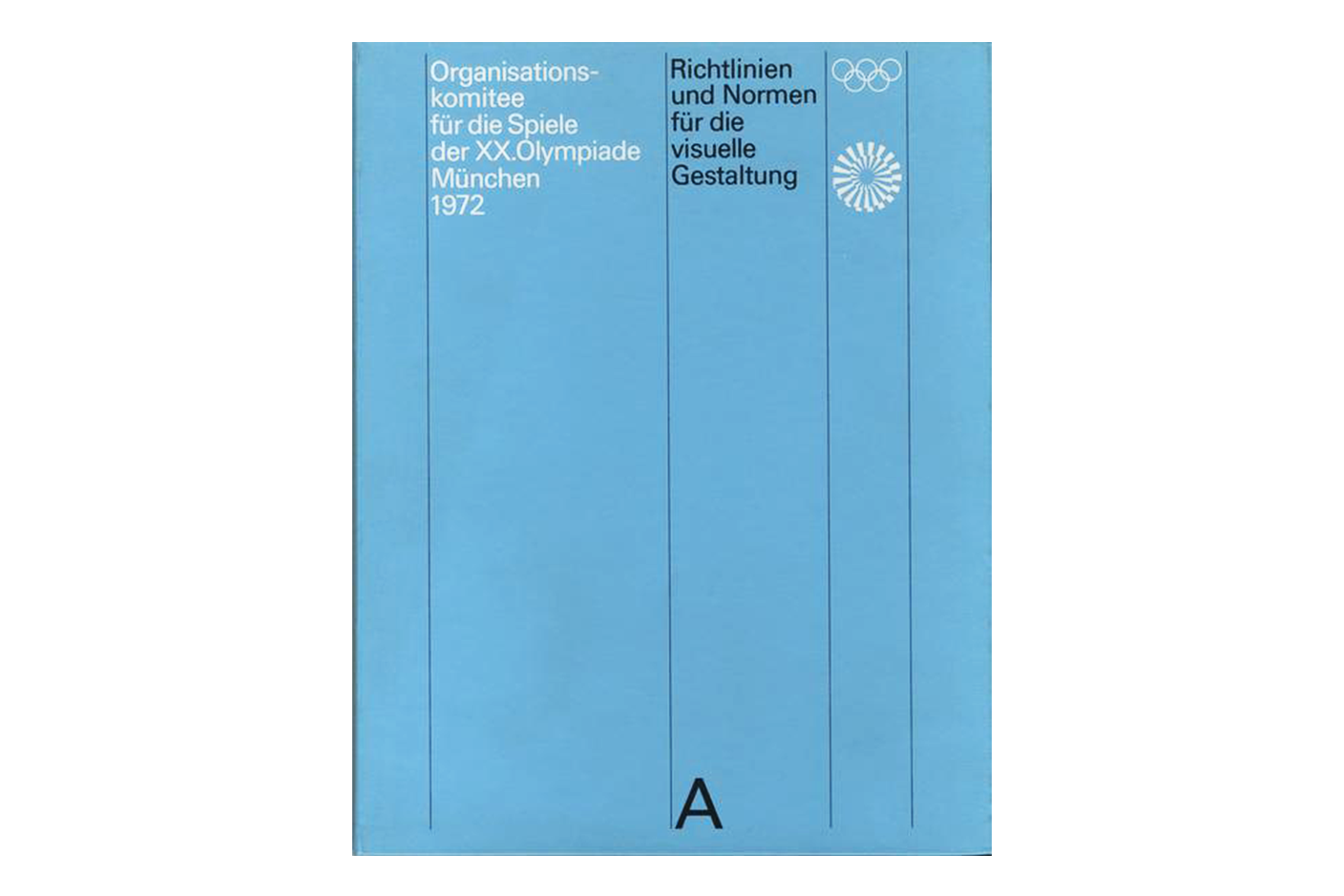


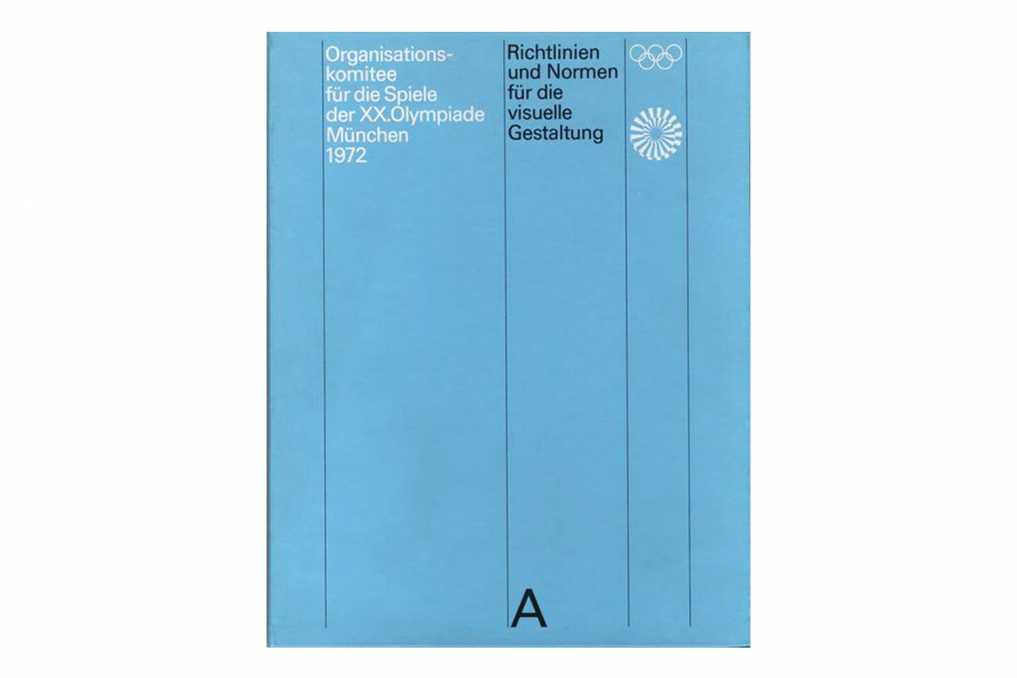
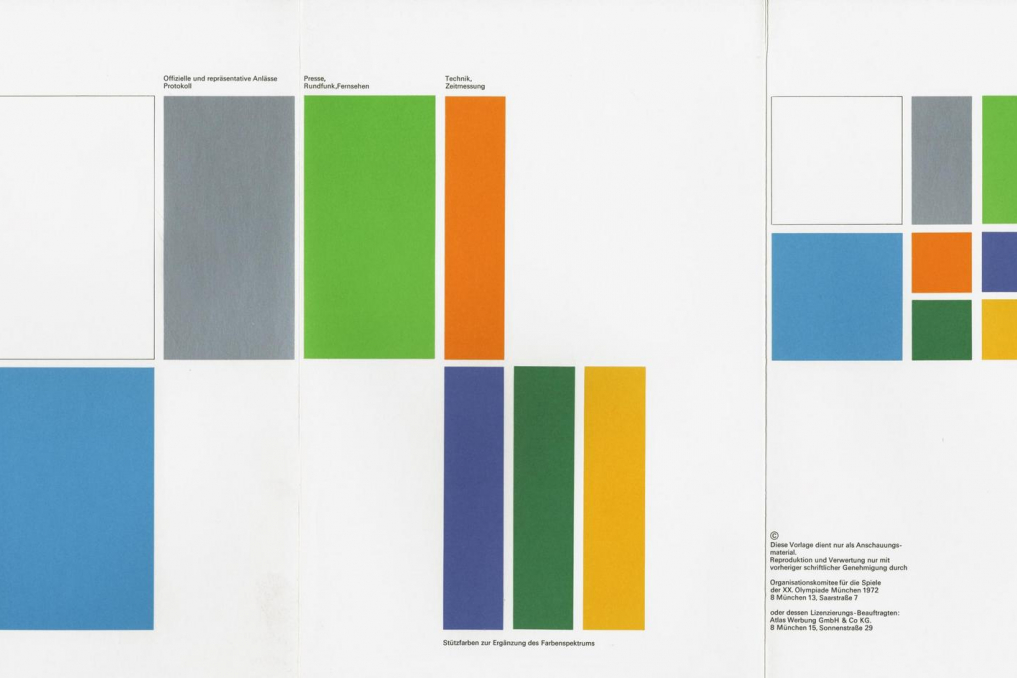
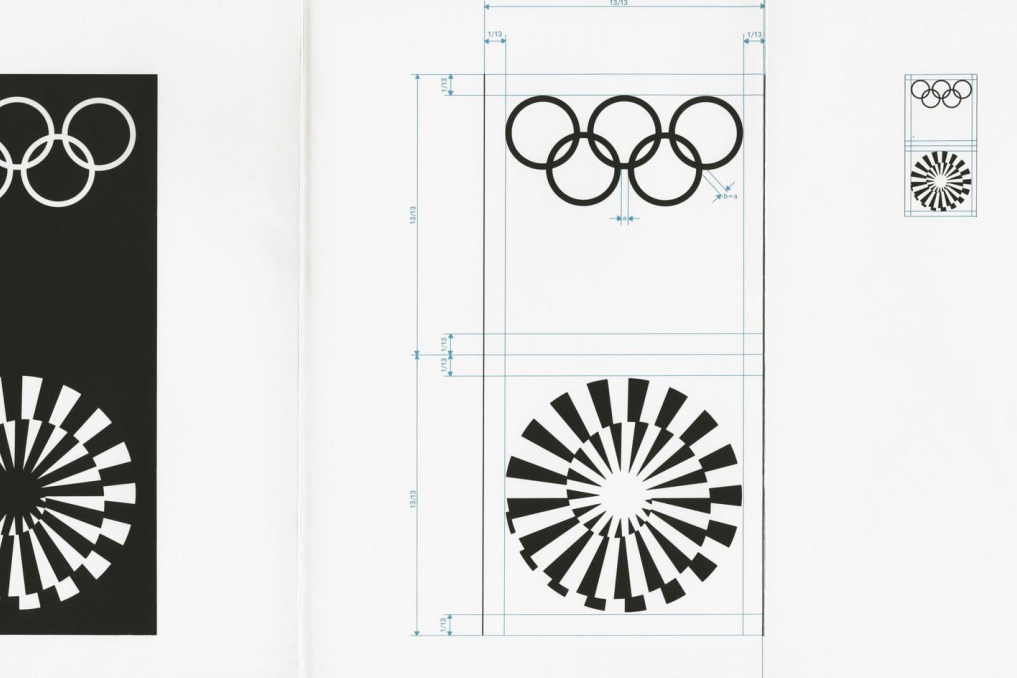
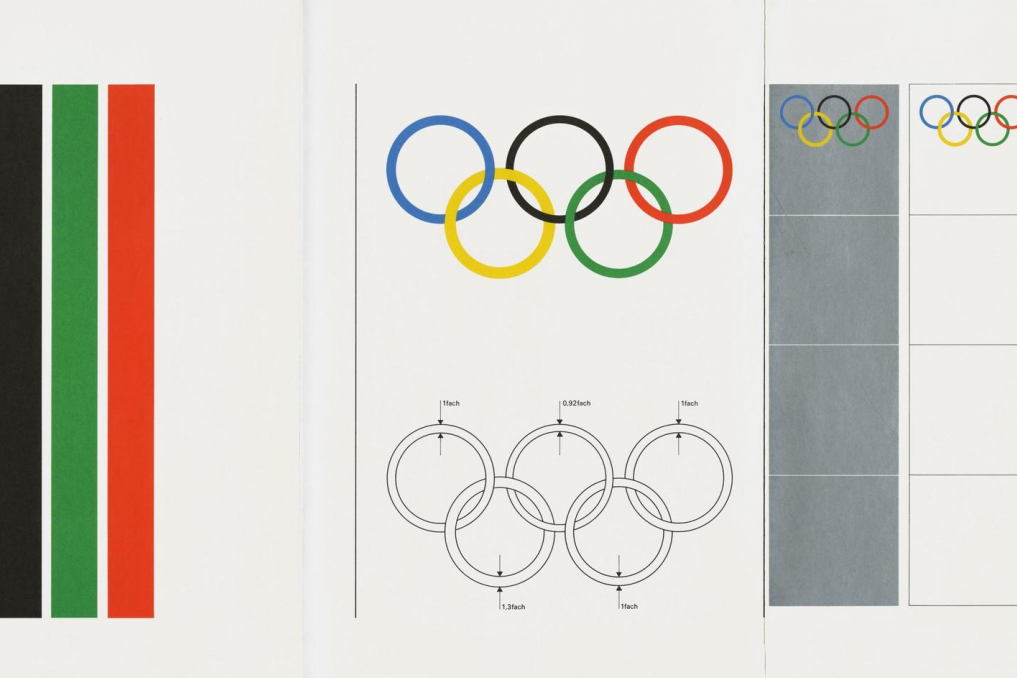
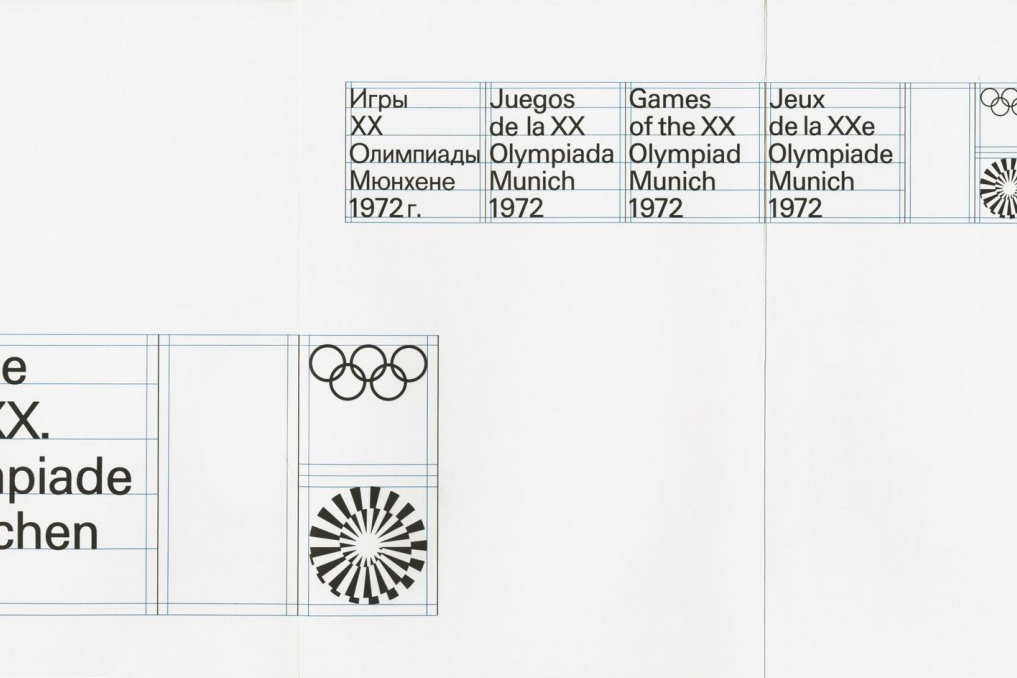
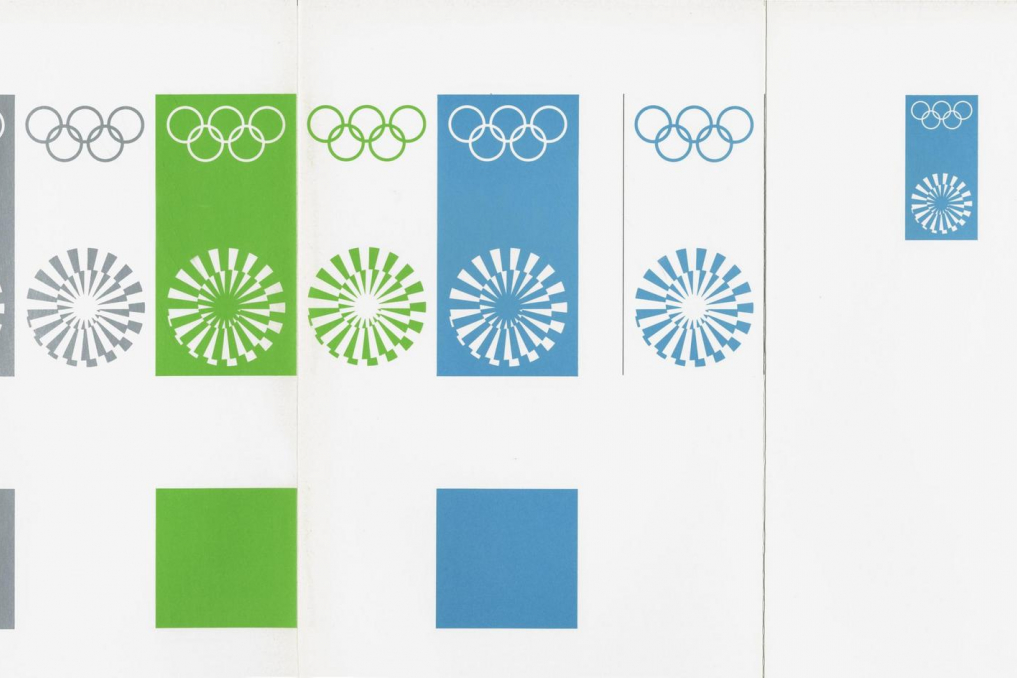
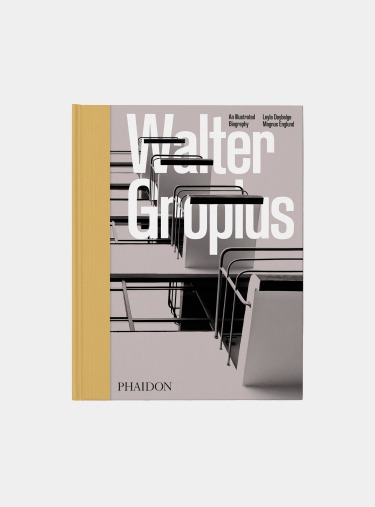 Walter Gropius: Illustrated Biography
Walter Gropius: Illustrated Biography
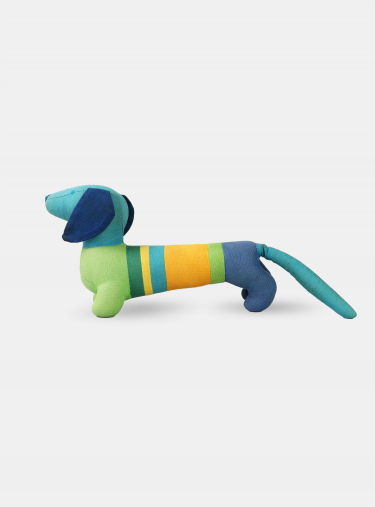 Waldi 1972 Olympia mascot
Waldi 1972 Olympia mascot
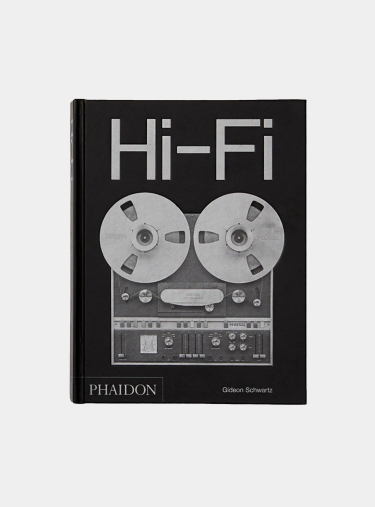 The History of High-End Audio Design
The History of High-End Audio Design
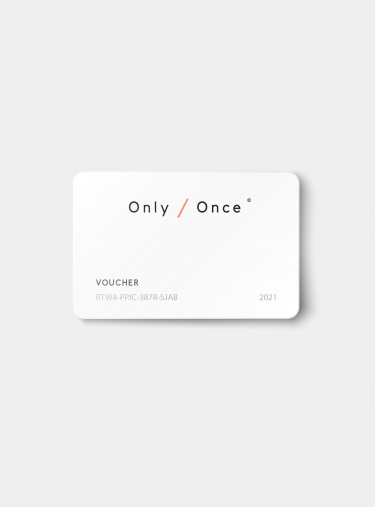 Only / Once voucher
Only / Once voucher
